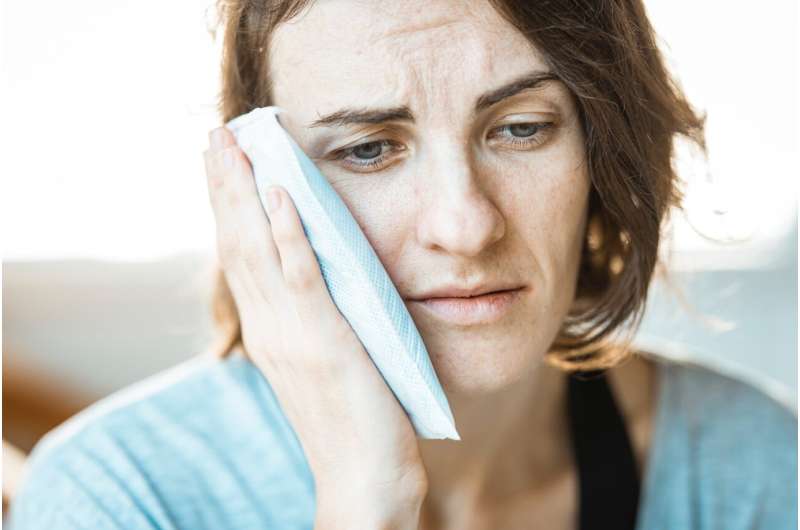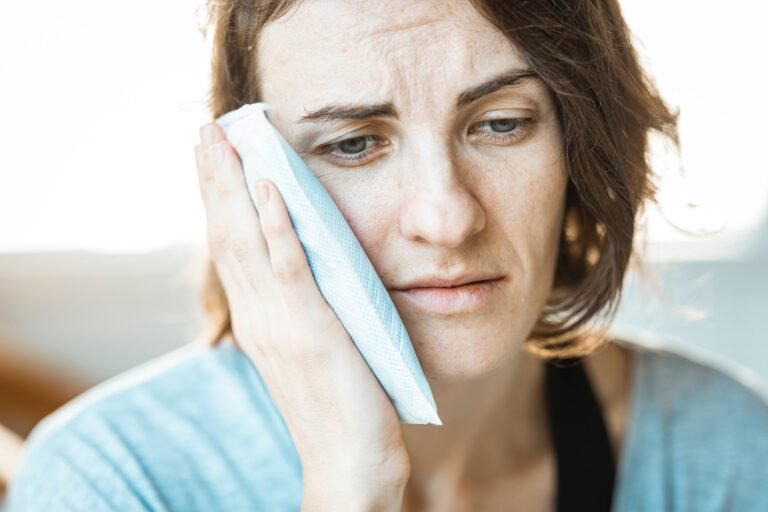
Credit: Unsplash/CC0 Public Domain
Loneliness may be detrimental to our everyday health, according to a new study led by researchers at Penn State’s College of Health and Human Development and Center for Healthy Aging. The study focused on understanding the subtleties of loneliness and how changes in everyday feelings of loneliness can affect short- and long-term health. The researchers said the study provides further evidence supporting a statement made by U.S. Surgeon General Vivek Murthy in 2023 about the devastating impact of loneliness and isolation on the nation’s physical health, calling it a public health crisis.
The paper was published in the journal Health Psychology, There will also be a focus on Loneliness Awareness Week from 10 to 16 June, bringing greater attention to the different experiences of loneliness.
According to the Surgeon General, the long-term health effects of loneliness and lack of social connections include a 29% increased risk of heart disease, a 32% increased risk of stroke, and a 50% increased risk of developing dementia in older adults. People who frequently feel lonely are also more likely to suffer from depression and other mental health problems than those who rarely or never feel lonely.
In this study, the researchers found that loneliness can have a negative impact on health even in people who don’t usually feel lonely or don’t experience loneliness on a regular basis. People who experience temporary feelings of loneliness or whose loneliness fluctuates greatly are more likely to experience everyday health problems associated with loneliness, such as general fatigue, headaches, and nausea.
The data comes from 1,538 participants in the National Survey of Everyday Experiences (NSDE), one of the MacArthur Foundation’s U.S. midlife research studies. The NSDE is led by David Almeida, professor of human development and family studies at Pennsylvania State University and lead author of the paper. The current study focuses on loneliness in midlife, using data from respondents ages 35 to 65. Previous research on loneliness has focused primarily on adolescents and older adults, the researchers said.
NSDE participants were interviewed by phone on eight consecutive days to assess their daily stress and mood. Respondents were asked to describe how they felt each day, including stressful and positive situations they encountered, and whether and how often they felt lonely. They were also asked if they had any physical symptoms, such as general fatigue or headaches. These assessments were conducted twice, 10 years apart.
From the data, the researchers found that when participants’ average loneliness was lower, and on days when their loneliness was lower than the population average, they also had fewer and less severe physical health symptoms. Additionally, participants whose loneliness levels remained stable across the eight days also had less severe physical health symptoms.
“These findings suggest that the day-to-day dynamics of loneliness are crucial in understanding and addressing its health impacts,” Almeida said. “Increasing feelings of social connection, even for just one day, may reduce health symptoms during that day. These daily efforts may provide a manageable and hopeful microintervention for people living with loneliness.”
Dakota Witzel, a postdoctoral researcher at the Center for Healthy Aging and lead author of the paper, said the findings suggest that more attention should be paid to everyday, more episodic feelings of loneliness. While persistent loneliness may contribute to the long-term health effects identified in the Surgeon General’s recommendations, these more brief and fluctuating feelings of loneliness may cause shorter-term adverse health effects.
“A lot of research focuses on loneliness as a binary trait – you’re either lonely or you’re not. But we know from our own experience that this isn’t the case – some days are worse than others, and even some times of the day are worse,” Witzel says. “If we can understand how loneliness varies from day to day, we can begin to understand how it affects our daily and long-term health.”
Karina Van Bogaert, a doctoral student in Penn State’s Department of Biobehavioral Health, Erin Harrington, assistant professor of cognition and cognitive development at the University of Wyoming, and Shelby Turner, a postdoctoral researcher in Weill Cornell Medicine’s department of geriatrics and palliative medicine, also contributed to the study.
For more information:
Dakota D. Witzel et al., “Dynamics of Loneliness and Physical Health Symptoms in the Daily Lives of Middle-Aged Adults.” Health Psychology (2024). Translation: 10.1037/hea0001377
Courtesy of Pennsylvania State University
Quote: Researchers say short-term loneliness is linked to physical health problems (June 13, 2024) Retrieved June 14, 2024 from https://medicalxpress.com/news/2024-06-short-term-loneliness-physical-health.html
This document is subject to copyright. It may not be reproduced without written permission, except for fair dealing for the purposes of personal study or research. The content is provided for informational purposes only.


